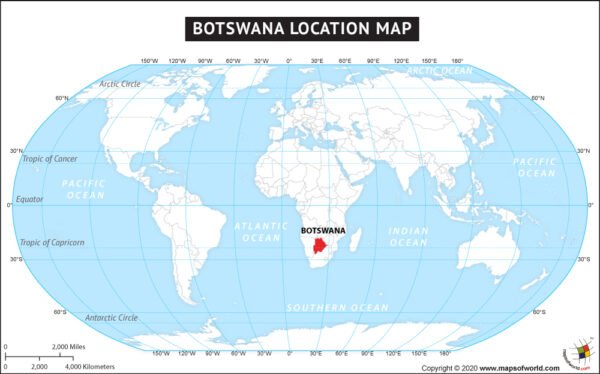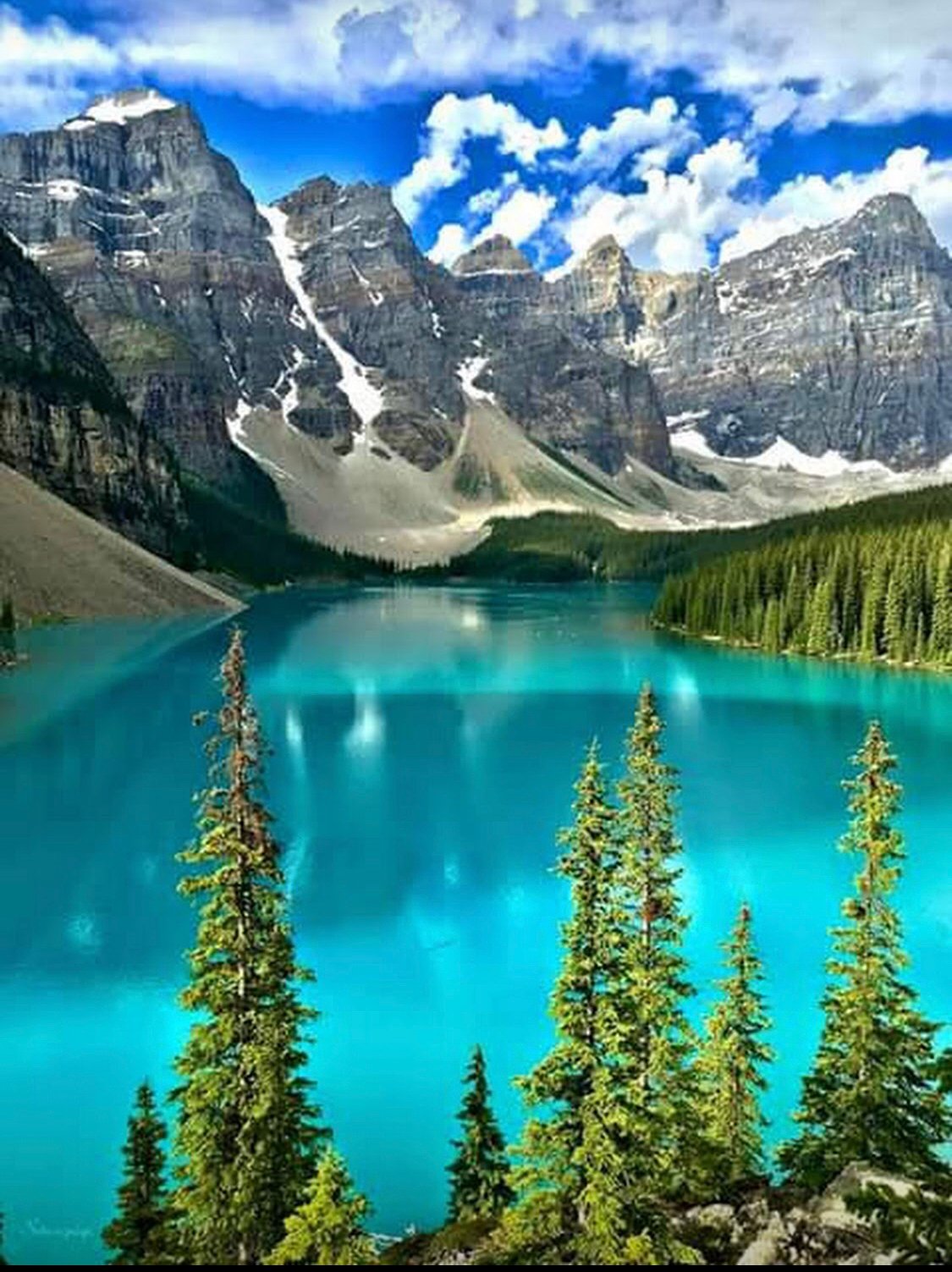Our Botswana meal was Seswaa (Stewed Beef), Cornmeal Pap, Bostwanan Stewed Spinach Greens and Pampoenkoekies (South African pumpkin fritters). We drank Roobis Tea that has high levels of health-promoting antioxidants. Roobis tea is a red herbal tea that comes from the fermented leaves of the Aspalathus linearis shrub, a plant native to South Africa. Our fritters didn’t look very appetizing but they tasted good. The stewed spinach greens were cooked with green peppers. We decided we prefer spinach sautéed with garlic. We enjoyed the meal and will try making the pumpkin fritters again.
The Kalahari Desert makes up seventy percent of Botswana which is one of the most sparsely populated countries in the world. From Wikipedia, “Botswana’s Orapa mine is the largest diamond mine in the world in terms of value and quantity of carats produced annually. Estimated to have produced over 11 million carats in 2013, with an average price of $145/carat, the Orapa mine was estimated to produce over $1.6 billion worth of diamonds in 2013.”
I am reading Serowe: Village of the Rain-Wind by Bessie Head. In her novel Bessie interviews members of the village of Serowe, Botswana. The people she interviewed described how some babies are named based on events that are happening during the time of their birth. One example is Rra-Dipeba, father of the rats who was born when a plague of rats destroyed the corn crops. Many older people do not know their exact age because there was no registration of births when they were born.
One section of the book is “The Role of the Old Men at the Kgolta”. According to Wikipedia a Kgolta is “a public meeting, community council, or traditional law court of a Botswana village. It is usually headed by the village chief or headman, and community decisions are always arrived at by consensus.” The elder men sit on the council with the chief and are asked to provide to advice.
We watched The Gods Must Be Crazy that was filmed in Botswana and stars a Namibian San farmer named Nǃxau ǂToma. There are approximately 63,500 San people in Botswana, only about 2.8% of the population. We enjoyed the movie and recommend it if you are looking for a campy 80s film that some consider controversial. The below quote from the movie refers to the San:
The characteristic which really makes them different from all other races is that they have no sense of ownership at all. Where they live, there’s nothing you can own. Only trees and grass and animals. These Bushmen have never seen a stone or a rock in their lives. The hardest things they know are wood and bone. They live in a gentle world, where nothing is as hard as rock, steel or concrete.
Only miles to the south, there’s a vast city. And here you find civilized man. Civilized man refused to adapt himself to his environment. Instead he adapted his environment to suit him. So he built cities, roads, vehicles, machinery. And he put up power lines to run his labour-saving devices. But he didn’t know when to stop. The more he improved his surroundings to make life easier the more complicated he made it.
There is sooo much we can learn from these other cultures!!
Here is an example of the khoisan language characterized by the use of click consonants.
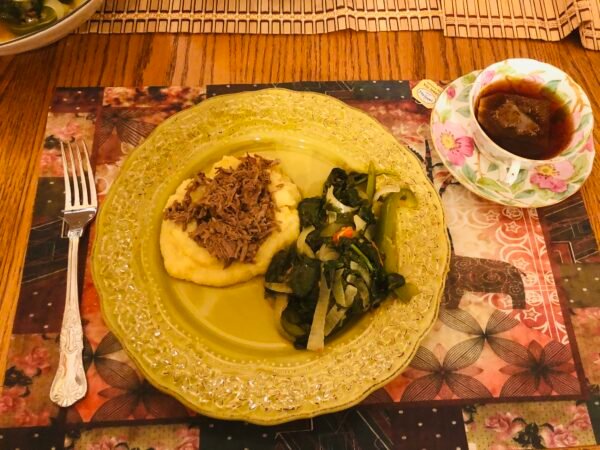
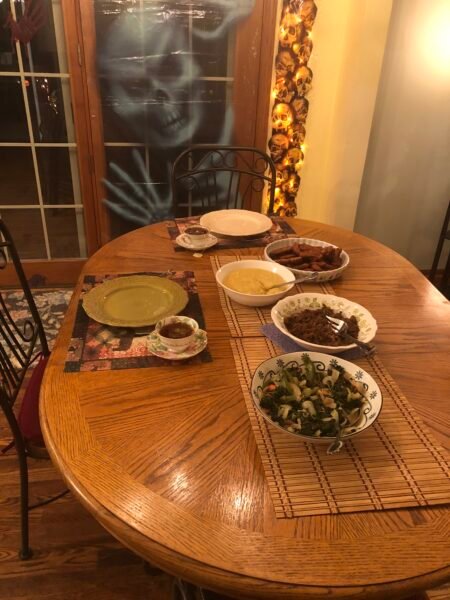
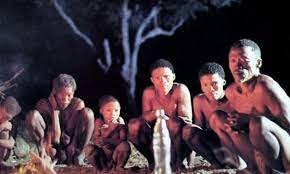
The Gods Must Be Crazy 
The Gods Must Be Crazy 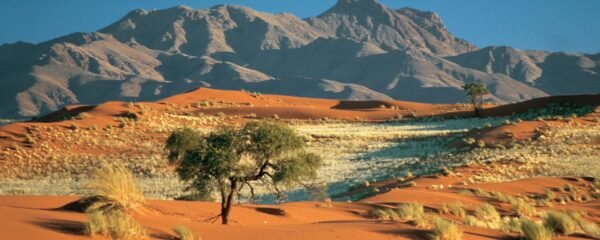
Kalahari Desert 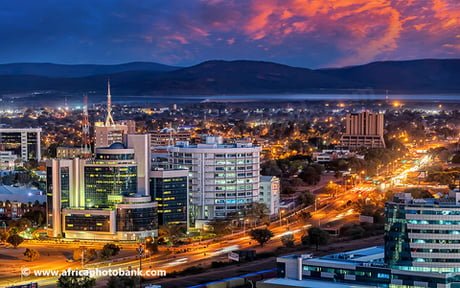
Gaborone – capital of Botswana 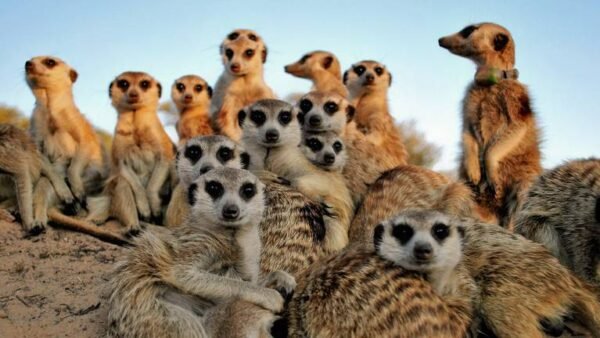
Meerkats live in Kalahari
